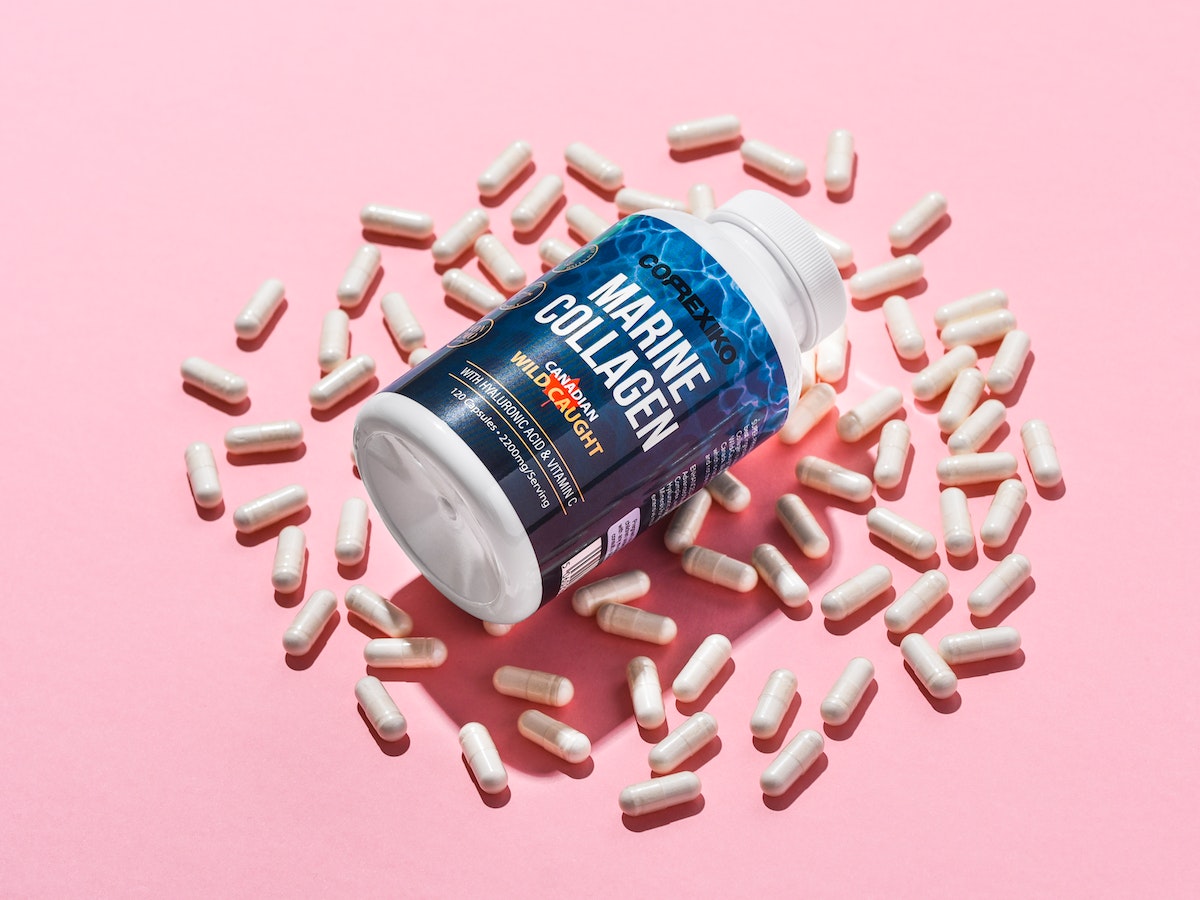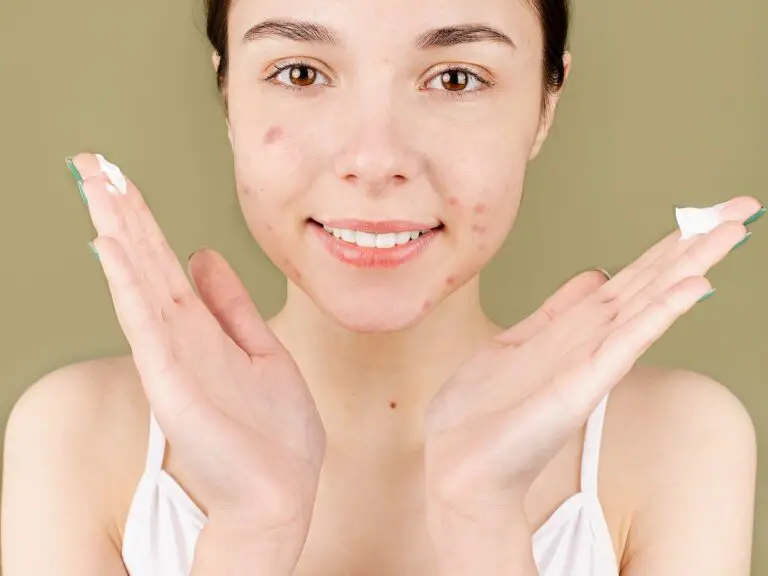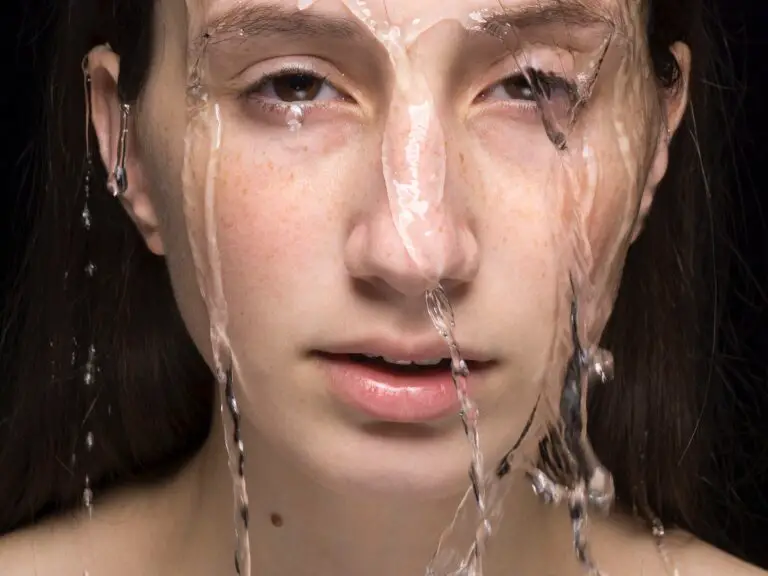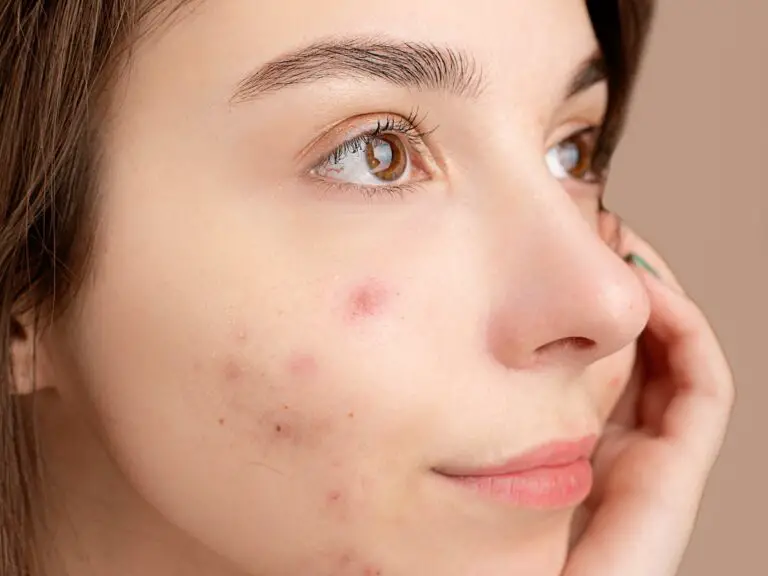Can Vital Proteins Collagen Cause Acne? (Expert Opinion)
If you have acne, you might wonder if the collagen supplements you’ve been taking have anything to do with it.
Stop looking because we’re about to discover what Vital Proteins Collagen has to do with acne.
In recent years, collagen has become famous as a skin supplement that promises to make your skin more elastic and improve its overall look. But some people have said they got pimples after adding collagen to their daily routines. Are these reports true, or are they just a coincidence?
In this piece, we’ll talk about the science behind collagen and how it might affect acne-prone skin. We’ll also share expert opinions to help you determine if Vital Proteins Collagen can cause acne. So, if you want to know if your favorite collagen supplement could cause your spots, keep reading to find out the truth.
Table of Contents
Understanding Acne
Let’s have a basic understanding of acne under our belts before we get into the hypothesis that there is a connection between collagen and acne. Acne is a common skin disorder when hair follicles become clogged with oil and dead skin cells. This causes the skin to break out into pimples. It frequently results in the development of acne, including comedones, blackheads, and whiteheads. Several internal and external causes, including hormones, heredity, and bacteria, can cause acne.
However, other factors, such as nutrition and the products used for skin care, can also play a role in the development of acne. Now that you have a foundational knowledge of acne let’s investigate the possible connection between collagen and skin prone to acne.
The Relationship Between Collagen and Acne
Collagen is a protein that makes up a big part of our skin, hair, nails, and connecting tissues. It gives the skin structure and helps keep its elasticity and stiffness. As we age, our body’s natural collagen production slows down, making lines and sagging skin more obvious. Collagen pills can help with this. They are thought to increase the amount of collagen in the body, improving the skin’s structure and look.
But there isn’t a clear connection between collagen and pimples. Even though collagen doesn’t directly cause acne, some things about collagen products may make some people break out. Acne can be caused by several things, like the quality and source of the collagen, the other ingredients in the supplement, and how sensitive each person’s skin is.
Research and Studies on Collagen and Acne
There isn’t a lot of research on the exact link between collagen supplements and pimples. But there have been studies into how collagen affects skin health in general.
In a study released in the Journal of Cosmetic Dermatology, it was found that collagen peptides, a type of collagen, made the skin of women over 40 more elastic and full of water. Another study released in the Journal of Drugs in Dermatology showed that adding collagen to the diet made the skin more hydrated and less likely to get wrinkles.
Even though these studies talk about the possible benefits of collagen for skin health in general, they don’t discuss the link between collagen and acne. More studies need to be done to find out how collagen supplements affect acne-prone skin.
Potential Causes of Acne from Collagen
Even though collagen pills don’t make acne break out in everyone, several things could cause this. One option is where the collagen in the supplement came from and how good it was. Some people may get acne from impurities or collagen allergens from cattle or marine sources. To reduce the risk of side effects, choosing collagen supplements from well-known names is important.
Also, some collagen pills may have extra ingredients that could cause acne. For instance, some pills may have sugar, artificial sweeteners, or other ingredients that could worsen acne on skin that is already prone to it. It’s important to carefully read the list of chemicals and choose collagen supplements that don’t contain things that could cause acne.
Factors to Consider When Using Vital Proteins Collagen
If you want to use Vital Proteins Collagen but are worried about acne, there are a few things you should think about. Before adding a new supplement to your routine, you should talk to a physician or other medical professional. They can give you help tailored to your skin type and concerns.
Also, when looking for collagen vitamins, choose ones for skin health. Look for pills that say on the label that they won’t make your pores clog up. Collagen supplements that don’t clog pores are less likely to cause acne, which makes them a better choice for people with acne-prone skin.
Personal Experiences and Testimonials
Even though scientific study is important, personal experiences and testimonials can help us understand what collagen might do to acne-prone skin. Many people have said that collagen pills help their skin look and feel better without giving them acne. But remember that everyone’s skin is different, so what works for one person might not work for another.
If you’re thinking about adding collagen supplements to your skincare routine, it might help to read reviews and testimonials from people with skin types and issues that are similar to yours. This can give you a general idea of other people’s experiences with collagen supplements. Still, it’s important to remember everyone’s experiences will differ.
Tips for Using Collagen without Causing Acne
If you want to add collagen to your skincare routine but are worried about getting acne, here are some things to think about:
Start with a small amount of collagen. Start with a small amount of collagen and slowly raise it over time. This lets your skin get used to the supplement and lowers the chance that it will make you sick.
- Choose high-quality collagen: Choose collagen supplements from well-known names and ensure they have no impurities or things that could cause acne.
- Keep an eye on your skin: After you start taking collagen supplements, pay close attention to any changes in your skin. If you start to get more acne, you might want to cut back on the dose or stop taking the vitamin altogether.
- Keep up a good skin care practice: Collagen supplements may not be enough to fix your skin problems. It’s important to have a full skincare practice that includes washing, moisturizing, and protecting from the sun.
- Think about other factors: Many things can cause acne breakouts, such as food, stress levels, and hormone changes. Along with collagen supplements, think about these to get a full picture of your beauty routine.
Other Benefits of Vital Proteins Collagen
Although the potential connection between collagen and acne has been the primary emphasis of this essay, it is essential to point out that taking collagen supplements also has a wide range of additional positive effects on one’s health and well-being. Collagen is not only good for the health of your skin, but it is also important for the health of your joints, the growth of your hair, and the strength of your nails. In addition to the possible benefits for your skin, including collagen supplements in your routine may also confer the following extra benefits.
Conclusion
Ultimately, the link between Vital Proteins Collagen and acne is complicated, and people may have different experiences. Even though collagen doesn’t directly cause acne, some things about collagen products may make some people break out. Before adding collagen to your skincare routine, it’s important to choose high-quality collagen supplements, think about what might cause acne, and talk to a medical expert.
Remember that what works for someone else might not work for you. Pay close attention to how your skin reacts, and if you need to, make changes. By making an informed choice and taking a personalized approach, you can determine if Vital Proteins Collagen will help you reach your skincare goals without causing acne.
FAQs
There is no clear proof that Vital Proteins collagen is the cause of cystic acne. But some people may be allergic to collagen supplements, which could cause acne breakouts in rare cases. You should talk to a dermatologist to find out if collagen supplements are good for your skin and to get answers to any questions you may have about acne or skin problems.
Collagen itself does not clog face pores. Collagen is a protein that the body makes on its own. It is an important part of the skin. But some collagen goods or formulations, especially those with extra ingredients, may clog pores and lead to acne breakouts. When adding collagen to your skincare routine, it’s important to choose high-quality items and think about how sensitive your skin is.
The “dark side of collagen” refers to the possible side effects or risks that come with some collagen goods. Collagen is usually safe, but some collagen supplements or treatments may cause side effects like allergic responses, stomach problems, or drug interactions. Before starting any collagen regimen, talking to a doctor or nurse is important, especially if you have specific health issues or conditions. Also, people who follow a vegan or vegetarian lifestyle may have moral concerns about collagen from certain animal goods.
Collagen is good for acne-prone skin because it makes it more flexible and helps heal. But everyone reacts differently, and choosing high-quality collagen goods without added sugars or other irritating things is important. It’s best to talk to a dermatologist or other skin care professional to determine the best method for your skin’s needs and problems.
People allergic to collagen or any other ingredients in Vital Protein collagen goods shouldn’t use them. Also, people with certain medical conditions or worries should talk to their doctor before adding collagen pills to their routine to ensure they are safe and right.
Disclaimer: This article is for educational purposes only, and does not substitute any medical advice. Always consult a qualified healthcare professional for personalized advice before trying new treatments or medications.

General Physician
Senior Medical Writer






